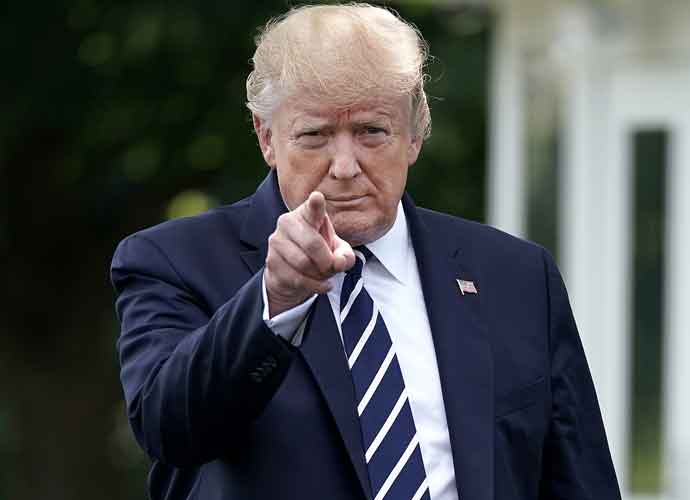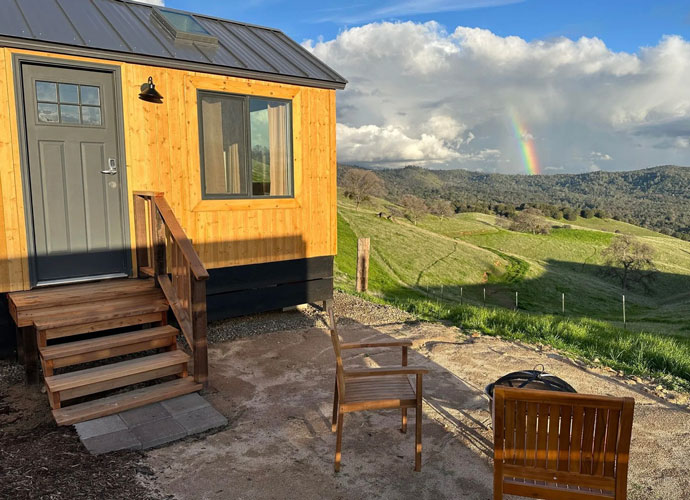The September Issue

4/5
Despite being synonymous in the fashion world with both excellence and vision, American Vogue editor-in-chief Anna Wintour gained a new level of notoriety as the inspiration for the ice-queen at the center of Laura Weisberger’s caricature novel “The Devil Wears Prada.” Having spent eight months in 2007 stalking the hallowed halls of fashion’s premiere magazine, peering in on the exhaustive assembly of the eponymous lynchpin publication, R. J. Cutler reveals that while the reputation (she garnered herself the nickname “Nuclear Wintour”) as an impossible monster is somewhat exaggerated, the Devil will wear whatever Ms. Wintour damn well tells him to, and woe betide him if it’s black.
Finding a woman as inscrutable as she is unapologetic, Ms. Wintour gradually reveals herself as a remarkably self-assured woman, possessing great drive, and a calculated knowing of her position, her power, and how to wield them effectively. Of her many critics she decrees with acknowledgment that “Something about fashion makes people very nervous, as if they’re excluded somehow.” With the ability to construct and crush trends, delay entire runway events until her arrival, and make or break a designer’s career at a whim, Vogue is for sure Anna Wintour’s magazine, reflecting her point of view. “Would Anna like this?” a junior staffer ponders. “No, it’s black. I’ll get fired for that” is the conclusion.
Always looking forward, Vogue was first to spot the trend towards celebrity obsession; Anna the first to put them on the cover of the magazine, shaping the thinking of a generation of starlets to strive for supermodel status. If Vogue gets behind something it sells, it’s that simple. The recipient of a grant from a Vogue foundation aimed at nurturing new talent, fresh-faced Thakoon Panichgul, gifted a GAP campaign to spearhead, has a bright future ahead of him in no small part because Anna says he does.
Though despite the presence of this curious enigma at its center, Cutler’s brief but breathless insider account is neither the explosive expose some might have hoped for, nor the sycophantic puff piece cynics might have feared. Adorned by such colorful characters as editor-at-large Andre Leon Talley, who wears Don King like furs to tennis lessons, The September Issue is about Vogue the brand, and how a single publication manages to year after year dictate to a three hundred billion dollar industry how it’s going to be.
Much like the industry itself, the Vogue office is one of complimenting ideas and contrasts that just fit together. A model of decisive efficiency, Anna delivers the verdict on a week’s worth of design sketches in mere seconds with a simple: “Yes, no yes, yes, no, next?” At her side is former model-turned-fashion-photographer Grace Coddington, Anna’s defacto number 2. An elegant, classically beautiful old school designer, Grace’s contribution to Vogue has been the artistry. Mindful of the shallow nature of tabloid culture, Grace strived to maintain an intellectual spine to the magazine’s features. Emphasis is placed on a narrative. Less about how the model looks and more about what she is doing, what she is thinking, and who she is as a woman.
An incubator of creativity and freethinking, Grace is Vogue’s heart while Anna the brain, with neither able to function optimally without the temperance of the other and both clearly aware of it. It’s this battle over the ideology of art and constraints of commerce between these two women that elevates The September Issue from the purely functional to a level possessing of a real human element. “I love to talk money with Anna in front of you guys,” Grace cackles, “ as it drives her crazy. It’s a sure way to get the budget bumped up.”
But while this is a fascinating glimpse beyond the velvet rope and a compelling portrait of an industry titan, from the office, to the home, with Rome, Paris, and London in between, that penetrating moment never really comes. Rather Wintour is a woman who knows herself and her job to the point where she simply doesn’t need to compromise. It is perhaps naive to expect someone who wields the power of media so effectively would be caught off guard by it.
Only when speaking of her family in an interview at the very end of the process do we briefly glimpse her private self. Speaking of her family she remarks that: “My eldest brother works finding housing for low income families. My sister campaigns for farmers rights in South America. My other brother is political editor of the Guardian.” After an extended pause and a forlorn look she concludes: “I think what I do probably amuses them.” The rest of the time she remains as we see her – distant, elusive, commanding, curious. Probably exactly the way she likes it.
Starring: Anna Wintour, Grace Coddington, Andre Leon Talley, Thakoon Panichgul
Director: R. J. Cutler
Runtime: 90 Minutes
Distributor: A&E Indie Films
Rating: PG-13
RELATED ARTICLES
Get the most-revealing celebrity conversations with the uInterview podcast!







Leave a comment